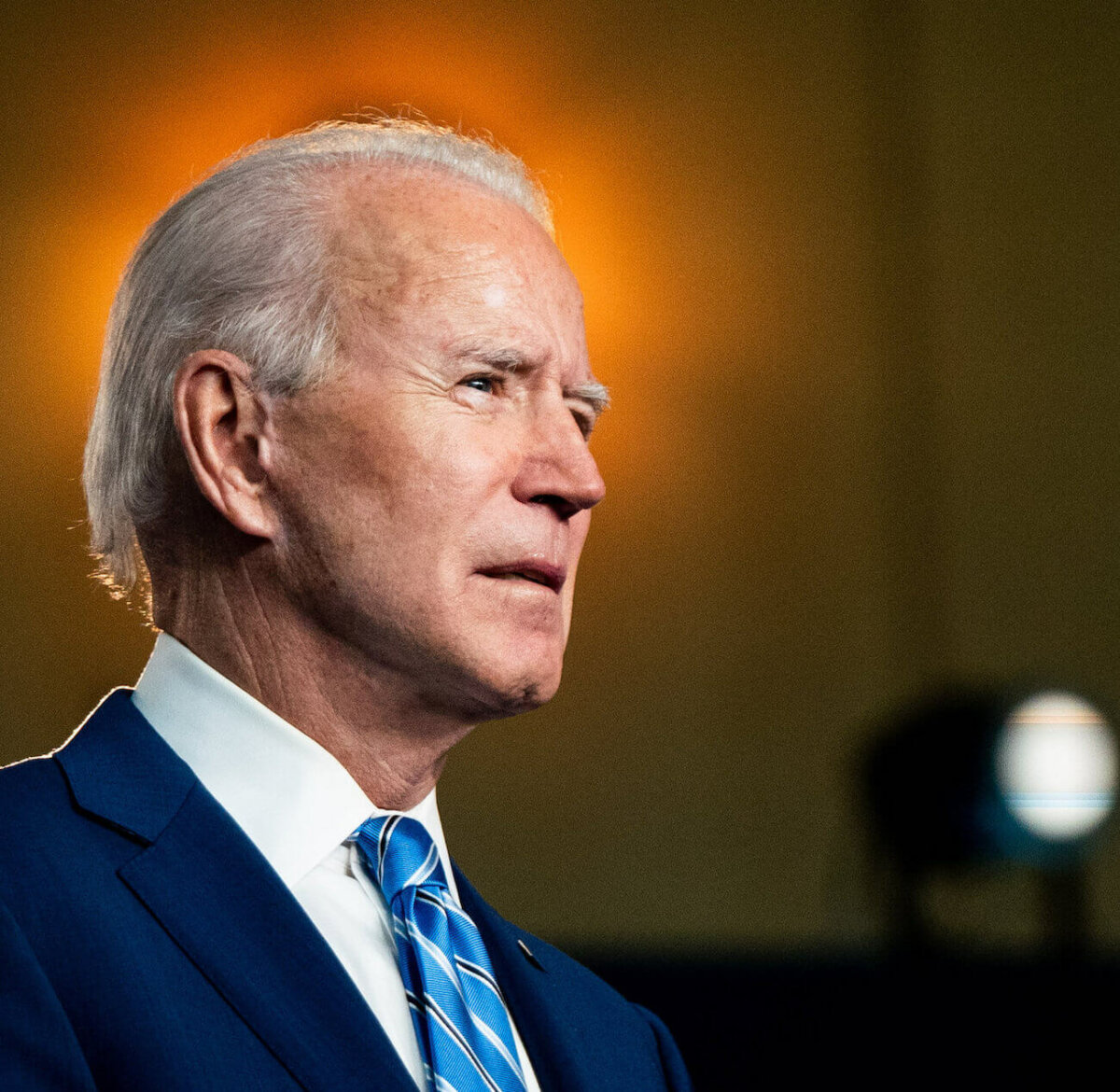President Obama considered it, and as Vice-President, Biden advocated for it. Will the Biden Administration now commit to a No First Use policy?
What is a ‘No First Use’ Policy?
A No First Use (NFU) policy is a pledge never to use nuclear weapons first in a conflict. An NFU pledge means a country would commit never to launch either a pre-emptive’ nuclear strike or be the first to escalate a conventional military conflict to a nuclear conflict. NFU proponents argue that if each nuclear-armed state made and upheld NFU pledges, the risk of nuclear weapons being used in any context would be greatly reduced. Moreover, NFU pledges would affirm and strengthen the longstanding ‘taboo’ against using nuclear weapons and would help states reduce their reliance on nuclear weapons for their security—a critical step towards disarmament.
Most nuclear-armed states have resisted long-standing calls to adopt an NFU pledge, but an NFU pledge can offer many benefits. First and foremost, NFU helps reduce nuclear risk. While some have argued that a transparent NFU pledge indicates to adversaries what they can ‘get away with’ before risking a nuclear strike (ignoring the stark disproportionality of a nuclear response to non-nuclear aggression), in fact, a clearer idea of a country’s threshold for nuclear use would reduce the risk of dangerous miscommunication and misperception that can result in unintended conflict escalation. Stability in a crisis, equally, is reinforced as the likely behaviors and responses of NFU countries are better understood by allies and adversaries. This predictability generated by an NFU pledge is vital and may bolster trust or at least facilitate more frank communication. Accidents and near-misses may be reduced too, as members of the country’s nuclear establishment can better predict the decision-making of their nation’s leader—and those of other countries.
Formulating an NFU policy can also be a first step towards reducing reliance on nuclear weapons, in that the NFU policy affirms and signals the state’s ability to handle all non-nuclear threats with its conventional and other non-nuclear capabilities.
President Biden and No First Use
In his 2010 Nuclear Posture Review and again informally in 2016, President Obama considered making an NFU pledge as part of his efforts towards nuclear disarmament and reducing reliance on nuclear weapons for the United States’ security. In early 2017, then Vice-President Biden appeared to advocate strongly for making an NFU pledge, stating that he was “confident we can deter and defend ourselves and our allies against nonnuclear threats through other means.” As President, however, Biden has yet to comment on or commit to NFU.
Historically, American policymakers have been protective of the option to strike first with nuclear weapons, particularly during periods of turbulence in the United States’ relationship with adversaries. According to their arguments, NFU limits the United States’ options during conflict (or immediately beforehand), potentially preventing a decisive early victory.
Policymakers in favour of retaining this option occasionally suggest that NFU could risk undermining the promises that the United States has made to protect its allies—particularly NATO, Japan, South Korea and Australia—with its own nuclear arsenal. Advocates of these ‘extended deterrence’ or ‘nuclear umbrella’ arrangements have expressed concern that undermining them through an NFU pledge may prompt allies to develop nuclear weapons of their own.
But let’s be honest: it is almost impossible to imagine a scenario in which a U.S. President would decide to launch a first strike, given the risks and implications of doing so and the strength of American conventional forces. The United States has already committed not to strike first against most countries that don’t have nuclear weapons—leaving only eight possible targets. Of these, only North Korea is regularly identified as the reason the U.S. can not declare a No First Use policy. So should the United States retain the first use option to deter North Korea?
That shouldn’t be necessary. The United States and South Korea boast extensive conventional military superiority in the region, which should be more than capable of deterring North Korean belligerence. Moreover, a nuclear strike in response to conventional military aggression would be extremely disproportionate under any circumstance and could have catastrophic and unconscionable humanitarian consequences. Indeed, the persistent threat of nuclear attack was a significant factor in North Korea’s decision to develop nuclear weapons in the first place. That threat may encourage other actors like Iran to pursue their own nuclear weapons programs as a deterrent against the U.S., further undermining international security and the global nonproliferation regime. Maintaining the first-strike option in U.S. nuclear policy gains little, therefore, and costs a lot.

